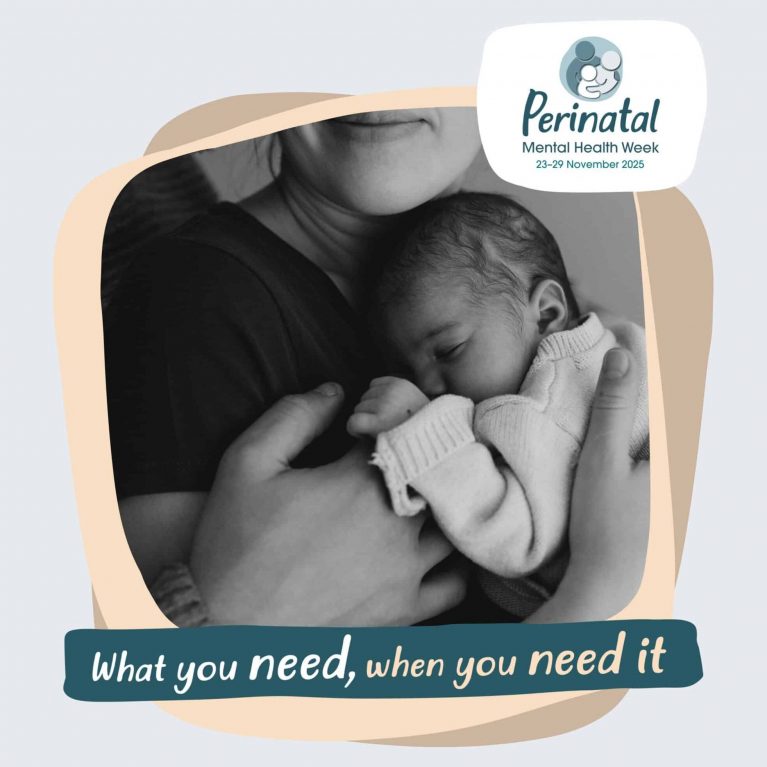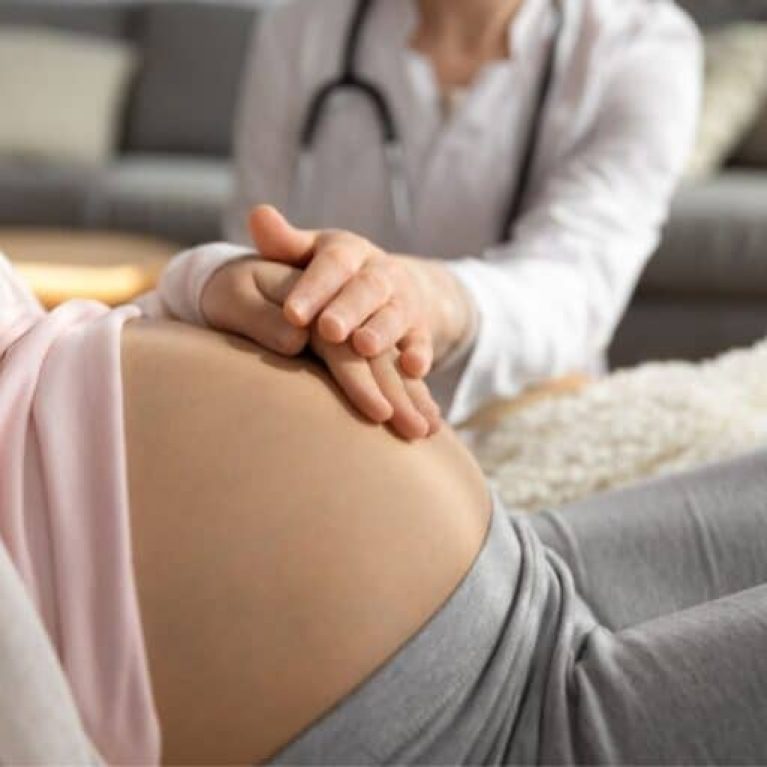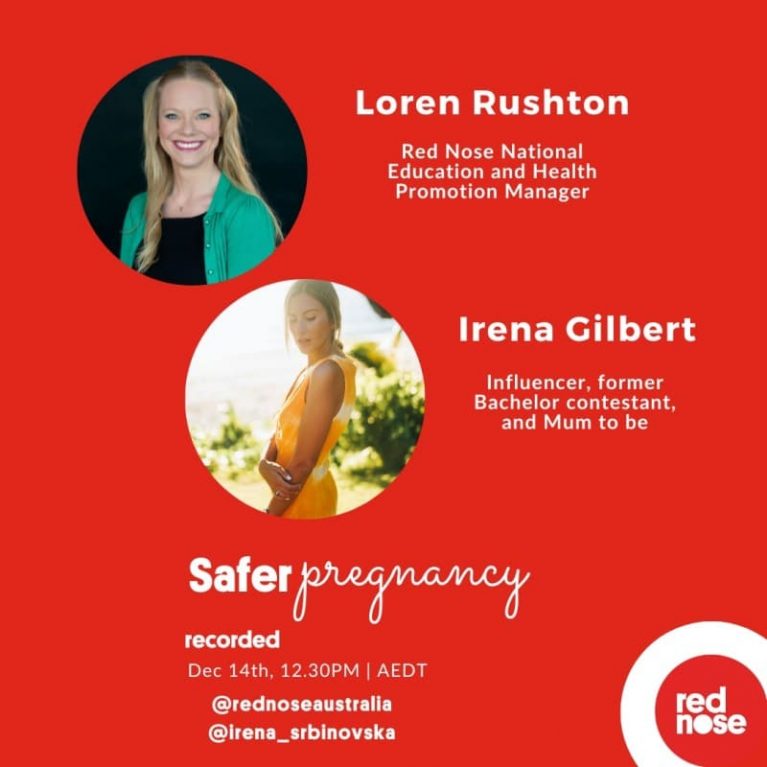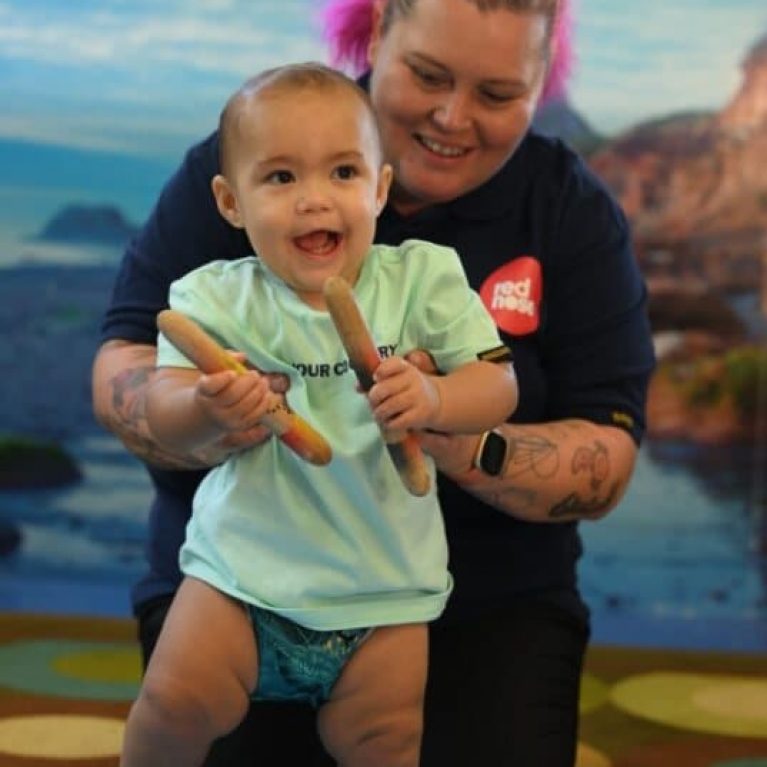We speak to Mercy Hospital for Women’s Head Dietitian Nelly Moshonas about healthy eating during pregnancy
When Rheannon was pregnant with her first child, she knew she had to make some changes to her diet. “I generally ate pretty healthy, so I didn’t think my diet was too bad, but I wasn’t sure what sort of nutrients my baby needed, and I found there was a lot of conflicting advice out there,” she says.
Rheannon sought the advice of a dietitian, who was able to make some minor changes to her diet and give her the information she was looking for.
Nelly Moshonas, Head Dietitian at Victoria’s Mercy Hospital for Women agrees that it can be hard to know what to eat and what not to eat.
“While all mums know that a healthy and safe diet is of benefit to both themselves and their baby, there are a lot of fad diets out there with conflicting advice, and at times it can be really confusing,” she says.
But, Nelly says, following the Australian Dietary Guidelines is a great guide for a healthy pregnancy.
“Key advice I give to my patients is to enjoy a wide range of foods, as both you and your baby need vital nutrients during pregnancy. And be cautious of any ‘diets’ that recommend removing food groups all together, such as grains or dairy.”
Something to be aware of is the old adage, “eating for two”. Nelly explains: “this doesn’t mean doubling what you eat, in fact, pregnant women only need to eat just a little more to meet their increased nutrient needs.”
“And, if you already follow a healthy diet, you can continue to enjoy the same amount of fruit, vegetables and dairy each day, and just slightly increase your grain and protein intake in your second and third trimesters.
This extra intake is equivalent to two slices of bread and a handful of almonds in the second trimester. Add to this an extra half a cup of baked beans in the third trimester.
“I always bring healthy eating back to good, old-fashioned, ‘everything in moderation’,” Nelly says.
“If the majority of your diet is based around the healthy eating guidelines, you can still enjoy the occasional treat, such as chocolate.”
What about eating fish during pregnancy?
Fish, says Nelly, is a safe and healthy food. “It’s high in omega 3 oils which is good for your baby’s brain and eye development, and it’s also a great source of iodine.”
You do, however, need to be mindful of fish that may contain high levels of mercury.
“Mercury can be harmful to your baby’s brain development, so limit fish that are high in mercury to 1-2 times per fortnight, and don’t eat any other fish in that fortnight,” Nelly says.
Fish high in mercury include shark (flake), swordfish, broadbill, marlin, orange roughy, and catfish.
“All other fish can be eaten 2-3 times per week, especially if you are avoiding those fish with a high mercury content,” she explains. One serve is about 150g.
“It is also recommended to avoid any raw or smoked fish, as well as ready-to-eat peeled prawns, to reduce your risk of listeriosis”.
What is listeriosis?
Listeriosis, explains Nelly, is a type of food poisoning that can be passed on to the baby and could potentially cause miscarriage, premature birth or stillbirth. This is caused by eating foods that contain the bacteria Listeria monocytogenes.
Foods that contain the Salmonella bacteria can lead to another type of food poisoning.
However, there are simple ways to decrease your chances of coming into contact with these foodborne illnesses.
“Avoiding certain foods that have a higher chance of containing these bacteria is recommended,” she says. “This includes cold deli meats, soft cheeses, pre-prepared salads, and raw or runny eggs.”
“Washing your hands before preparing food or eating also reduces the risk” Nelly says. “Also don’t leave food on benchtops for too long when cooling; put it in the fridge as soon as the steam has gone”.
It’s ok to have your daily coffee
Something that may make all mums feel a bit happier is that you can still have your daily coffee.
“Coffee and tea can be enjoyed in moderation but too much caffeine can increase your risk of having a small baby,” Nelly explains.
“I recommend having less than 200mg per day, which is 1-2 cups of coffee from a café, such as an espresso or latte.
“If you are drinking instant tea or coffee at home, you can have 3-4 cups,depending on strength.
“I don’t recommend energy drinks as they have a very high caffeine content.”
Vitamins
Nelly also recommends, in consultation with your GP, taking a pregnancy multi-vitamin for Folic Acid and Iodine. It’s also important to watch your Vitamin A intake.
“Retinol is a form of Vitamin A that may be harmful to the developing baby, and the liver contains large amounts of this type of Vitamin A, so it is best to avoid or limit to less than 50g per week,” she says.
“Some pregnancy multivitamins contain a form of Vitamin A called beta carotene that is safe.”
Nelly’s top tips for healthy eating during pregnancy:
- Enjoy a wide variety of nutritious food from the five food groups each day
- Drink plenty of water and try to avoid sugary drinks
- Limit foods high in saturated fat and added sugar
- Prepare and store food safely
- Avoid foods that may contain listeria or salmonella
- Limit fish containing high levels of mercury to 1-2 times per fortnight
For more information, follow the guidelines at: www.eatforhealth.gov.au
Did you find this helpful?
Good job! Please give your positive feedback
How could we improve this post? Please Help us.




